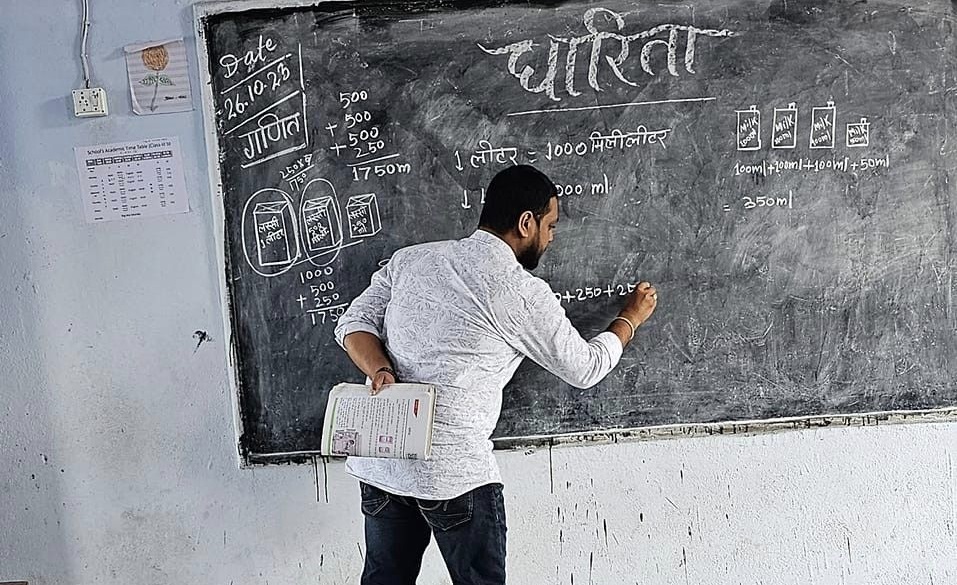Bihar: Teacher Transfers to be Based on Health, Seniority, and Family Location Under New Policy

Patna: The Education Department has rolled out a new transfer policy aimed at addressing key concerns related to health, seniority, and residency of teachers across the state. This new framework, which does not apply to locally appointed teachers, seeks to ensure a more balanced distribution of teaching staff across districts and schools, while prioritizing the well-being of educators and their families.
The policy outlines a clear order of preference for transfers, giving priority to teachers with chronic or severe medical conditions, such as paralysis, serious injuries, or the after-effects of accidents like limb loss. Teachers or their spouses suffering from critical illnesses, including cerebral palsy, will also receive priority transfers to locations that meet their specific needs. In these cases, transfers will take place within the teacher’s district of residence or nearby areas to accommodate medical requirements.
In addition to individual medical concerns, the policy also considers teachers with spouses or children who are suffering from serious health conditions. Such teachers will be eligible for priority transfers to bring them closer to home or to their spouse’s place of work. If both spouses are posted in different locations, efforts will be made to bring them together through transfers, further reflecting the department’s commitment to family well-being.
Seniority is another key factor in this policy, with preference given to teachers who have served longer or have passed proficiency exams. This includes teachers who were appointed through competitive exams or who are in permanent positions. The policy aims to ensure fairness in transfers by establishing a clear order of preference based on seniority.
A special provision has also been made for schools with female teachers. In an effort to address gender imbalances, the policy mandates that 70% of transfers in such cases will focus on female educators, ensuring that schools maintain a sufficient number of female teaching staff.
Teachers will have the opportunity to request transfers based on the location of their spouses or children, allowing them to apply for specific postings. Additionally, the policy mandates that teachers undergo mandatory transfers every five years to ensure an equitable distribution of staff across the state. However, in cases of urgent health or family needs, earlier transfers may be considered.
To ensure transparency, a district-level committee will oversee the entire transfer process. This committee will include key district officials and will be responsible for avoiding favoritism or bias in transfer decisions. Teachers’ preferences will be considered as much as possible, allowing for a fair and balanced system.
Teachers will submit their transfer applications through an online portal, where they can specify their preferences and provide necessary documentation related to health conditions or other criteria. The Education Department will use this system to monitor and manage the transfer process efficiently. The final transfer list will be published online, and teachers will receive notifications of their new postings through the same platform.
In cases where schools face a significant shortage of teachers, the policy allows for additional transfers beyond the usual cycle to meet district needs.





